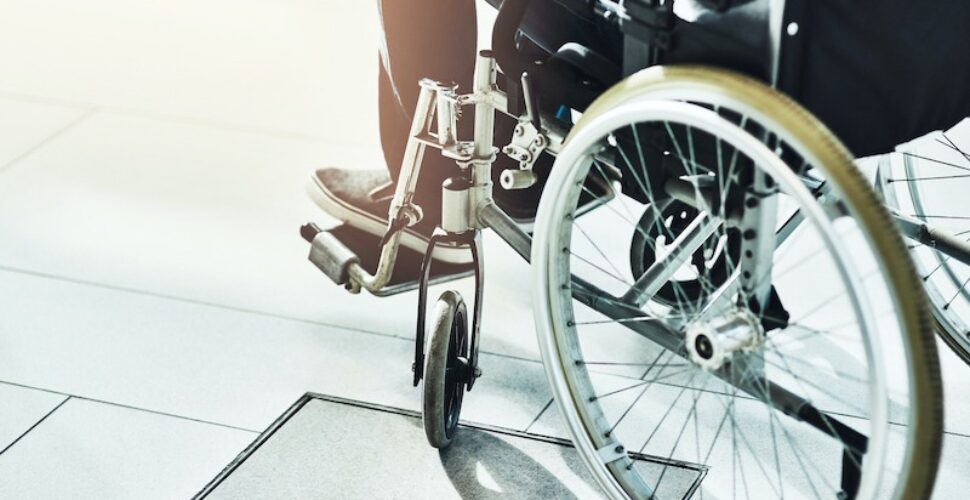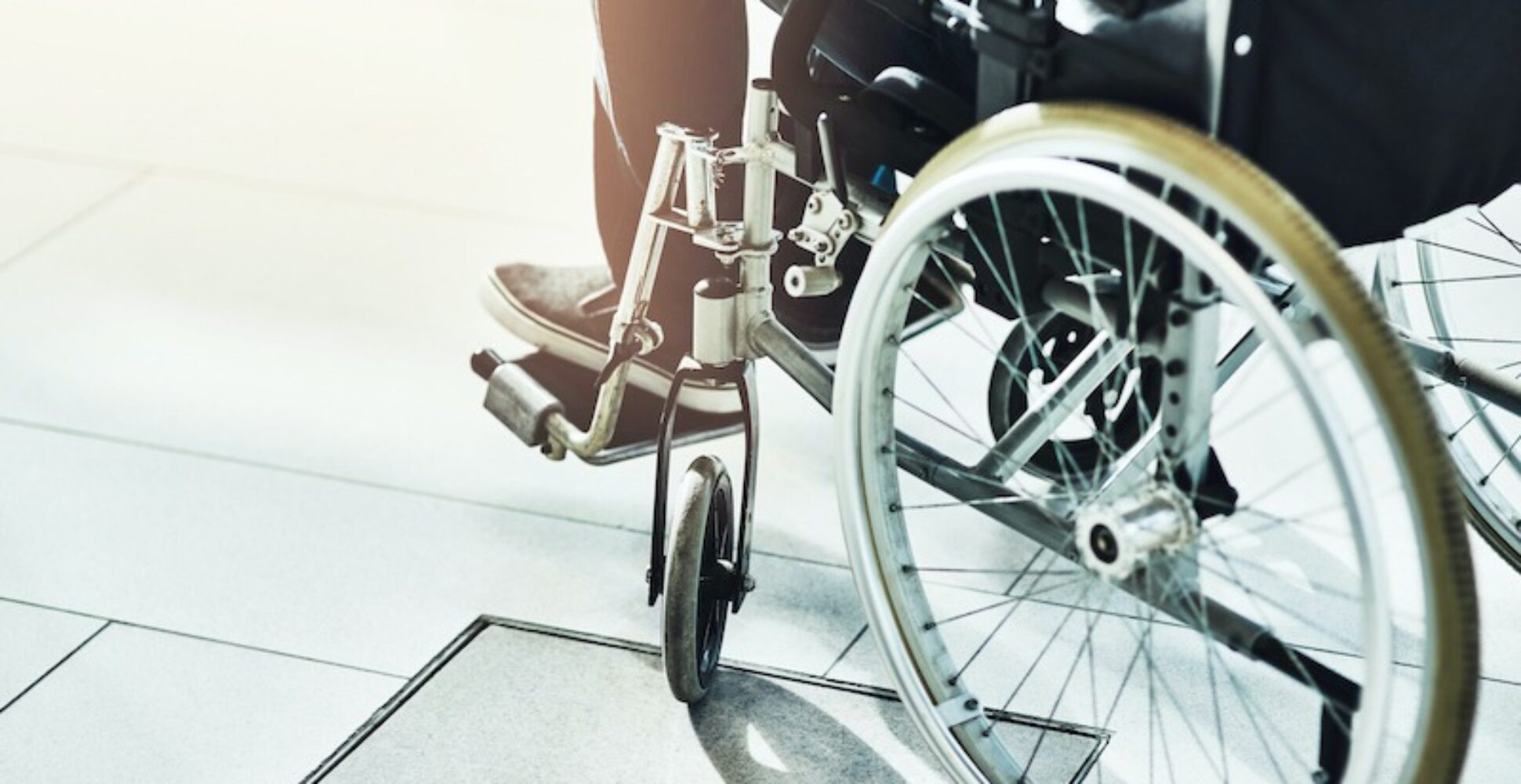Total & Permanent Disability
Ultimate Guide to Income Protection Insurance in Australia


As the sole provider or one of the primary income earners for your household, the last thing you want is for you and your loved ones to struggle when you are unable to work.
At times where you become sick or injured to the point where you can’t earn an income, income protection insurance is there to cover your losses.
This article will serve as your ultimate guide to income protection insurance in Australia. With our help, you’ll learn the answers to your most pressing questions, including:
- What is income protection insurance, and how does it work?
- What does it cover?
- How much does it cost?
- When can you claim income protection insurance?
- How do you file a claim?
What is income protection insurance in Australia?
Income protection insurance is a type of life insurance and income protection that can cover Australians in the event that they become temporarily disabled and can’t earn any money. The super fund that you invested in for your retirement may offer it as part of your insurance benefits, but you can also purchase a policy on your own.
Consider these statistics related to Australian income protection:
- A majority of income protection claims (16%) are the result of accidents, according to one large life insurer. The rest of the claims are as follows:
- Musculoskeletal: 8%
- Mental Health: 8%
- Cancer: 6%
- Cardiovascular: 2%
- Other Conditions: 60%
- Only 31% of Australians have an income protection insurance policy.
Sadly, accidents and serious health events can and do happen at any time. This means that you never know when you may need to have your income covered because you can no longer work. For that reason alone, having this type of insurance is key.
Who can claim income protection?
To claim income protection in Australia, you typically must meet the following criteria:
- You must be a resident of Australia.
- You must be between the ages of 18 and 59 years old. (People who work in particularly high-risk occupations may only qualify until they are 54 years old.)
- You must have an income protection policy.
- You must prove that you are unable to work due to an injury, illness, or mental health issue.
Do I need income protection insurance in Australia?
Income protection insurance is non-compulsory, which means you’re not required to have it. However, there are some people who need it more than most.
For example, if you are the sole provider of income for your household; you are self-employed; or the risk of you getting injured on the job is high, then income protection insurance can be a welcome safety net.
Here are some of the ways that income protection insurance can benefit you and your loved ones:
- Protects self-employed individuals or business owners against loss of income.
- Ensures that your bills will continue to be paid and you won’t be delinquent.
- Ensures that your family (i.e., spouse, children, pets) can continue to receive care.
- Pays a lump sum of money to your family in the event of your death to help cover their expenses in your absence.
What does income protection insurance cover?
An income protection insurance policy will cover a certain percentage of your salary – up to a maximum monthly benefit – if you end up becoming partially or totally disabled and can’t work. These benefits will last for however long you are not fit to work or for the duration of the benefit period you chose for your policy, whichever comes first.
Here are some common examples of reasons you can file a claim:
- Injury as a result of a vehicular or slip and fall accident
- Musculoskeletal problems, such as a broken bone
- Mental health issues, such as anxiety or PTSD
- Serious illness, such as a chronic disease or cancer
To find out what your insurer counts as partial or total disability, read their product disclosure statement (PDS).
What does income protection insurance not cover?
Income protection won’t cover every reason for not being able to work, especially if you’re disabled because of an act you committed on purpose or illegally.
These are some of the conditions where you may not be eligible to make an income protection claim, even if you have a policy.
- You intentionally self-inflicted the illness or injury that caused your disability.
- You experienced the natural side effects of a normal pregnancy, miscarriage, or childbirth (i.e., you suffered from morning sickness, varicose veins, etc.).
- You became disabled as a result of war or an act of war.
- You were disabled because you participated in and/or were incarcerated for a crime.
- You were disabled as a result of being temporarily or permanently banned, deregistered, disqualified, or restricted from work.
Before you take out any income protection policy, read the insurer’s terms and conditions to check all the types of claims and circumstances they won’t cover.
How does income protection insurance work?
To benefit from income protection insurance, you must first take out a policy with your preferred life insurer. Then, if you become disabled from an injury or illness (physical or mental) and can no longer work to earn income, you can file a claim with your insurer.
After they receive the claim, the insurer will ask you for evidence of your disability and pre-claim income. Once your claim has been approved, you will begin receiving payouts for the duration of your benefit period.
How much does income protection insurance cost?
Monthly payments for income protection insurance vary greatly depending on a variety of factors. The insurer you choose will be able to quote you a price depending on:
- Your age
- Your job
- Your income
- Your medical history
- Your lifestyle habits
- Any high-risk sports or hobbies that you participate in
The payment amount also depends on how long you choose to make your wait and benefit periods. Longer wait periods and shorter benefit periods typically equal lower premiums.
When can I claim income protection insurance?
You can make a claim as soon as you are injured or become ill. After your claim is approved, you will begin receiving income protection payouts after the wait period that you signed up for.
For example, if you selected a wait period of three weeks, then that’s how long you must wait after your insurer approves your claim to start receiving payouts.
How do I file an income protection claim?
To file an income protection claim, you must contact your insurer and give them all the supporting documents they request to verify the claim.
Your insurer may ask you for:
- Documentation of your disabling injury or illness from your doctor, such as a certificate stating that you’re unable to work for a certain period of time.
- Documentation of your pre-claim income, such as pay stubs, tax returns, and financial statements.
- Details about your work, such as how many hours you put in weekly and what your duties typically are.
How is an income protection claim assessed?
When you make a claim, your insurer may assess the nature of your disability – i.e., whether it is partial or total – and the conditions in which you became injured or ill. They may also check the validity of your claim against the medical documentation that you provided.
With all this information, they will determine if you are eligible to receive payouts, how much you can receive, and for how long.
Is income protection tax deductible in Australia?
Income protection payouts are not tax deductible and must be included in your annual tax return. However, the premiums are tax deductible.
Make an income protection claim today
If you think you have an income protection claim, LHD Lawyers can help everyday Australians receive the benefits they’re entitled to. We are so sure of our abilities to win your case that we stand firmly by our No Win No Fee Policy: if we don’t win, you don’t pay. Call 1800 455 725 for a no-obligation consultation about your case.
Author: James Bodel

Check if you’re eligible or get free claim advice now



